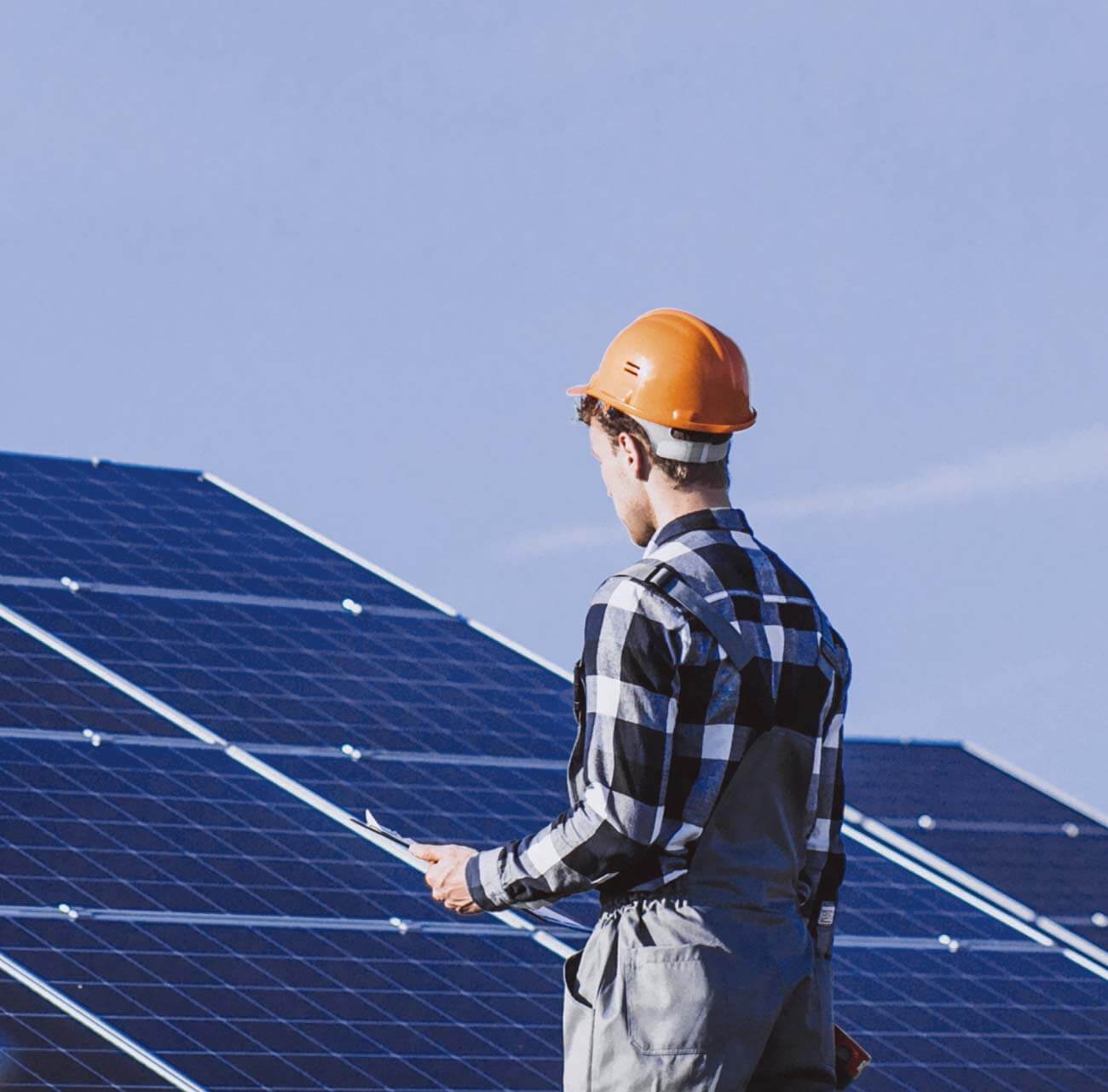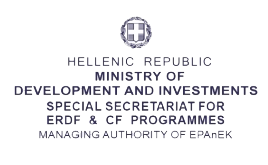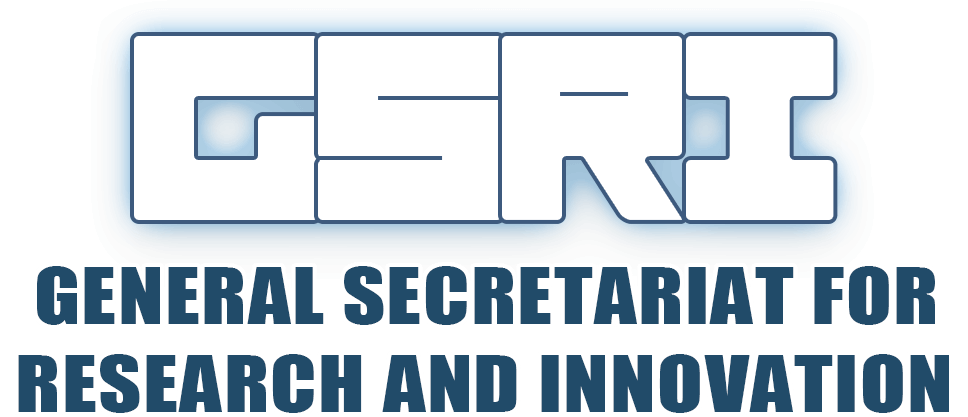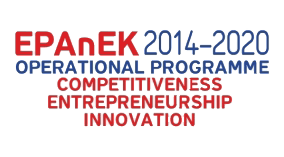Energy Competence Center
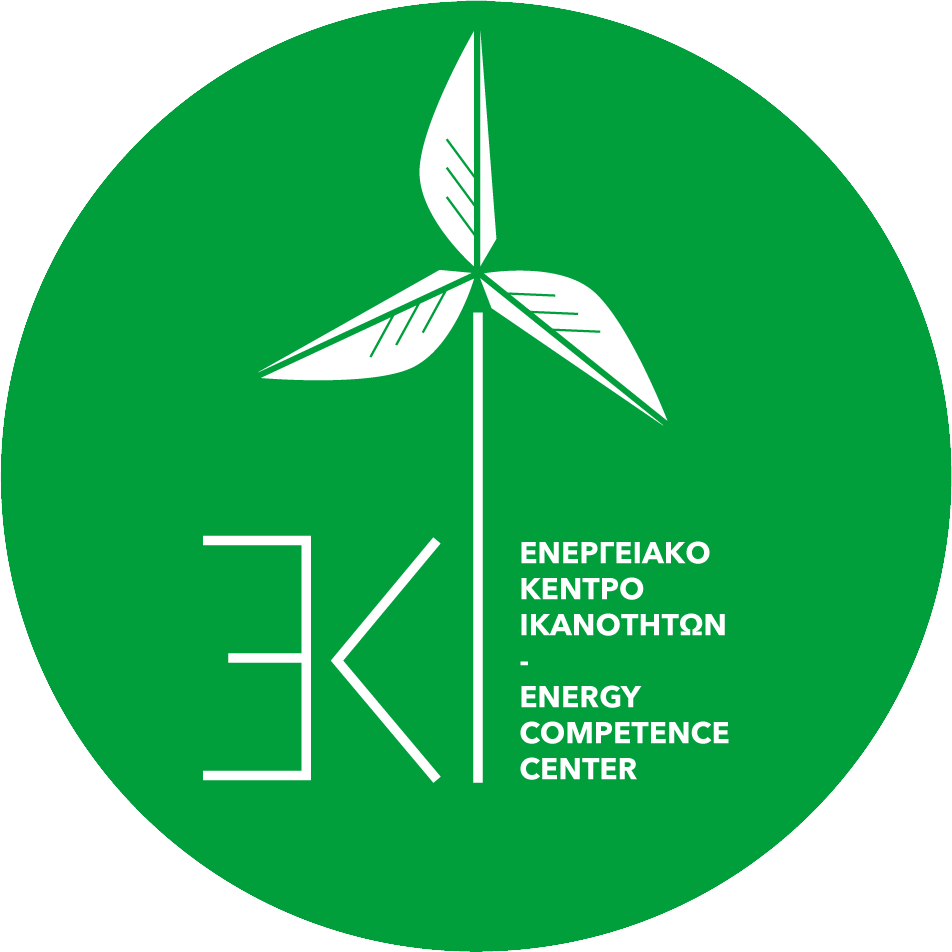
The National Technical University of Athens (NTUA) and the Institute of Communication and Computer Systems (ICCS) establish the Energy Competence Center, a spinoff company of research institutions and businesses in Greece that aims to support and promote innovation, entrepreneurship and technical competencies among enterprises that are operating in the energy sector – a fundamental pillar of the Greek economy.
Directions
Priorities
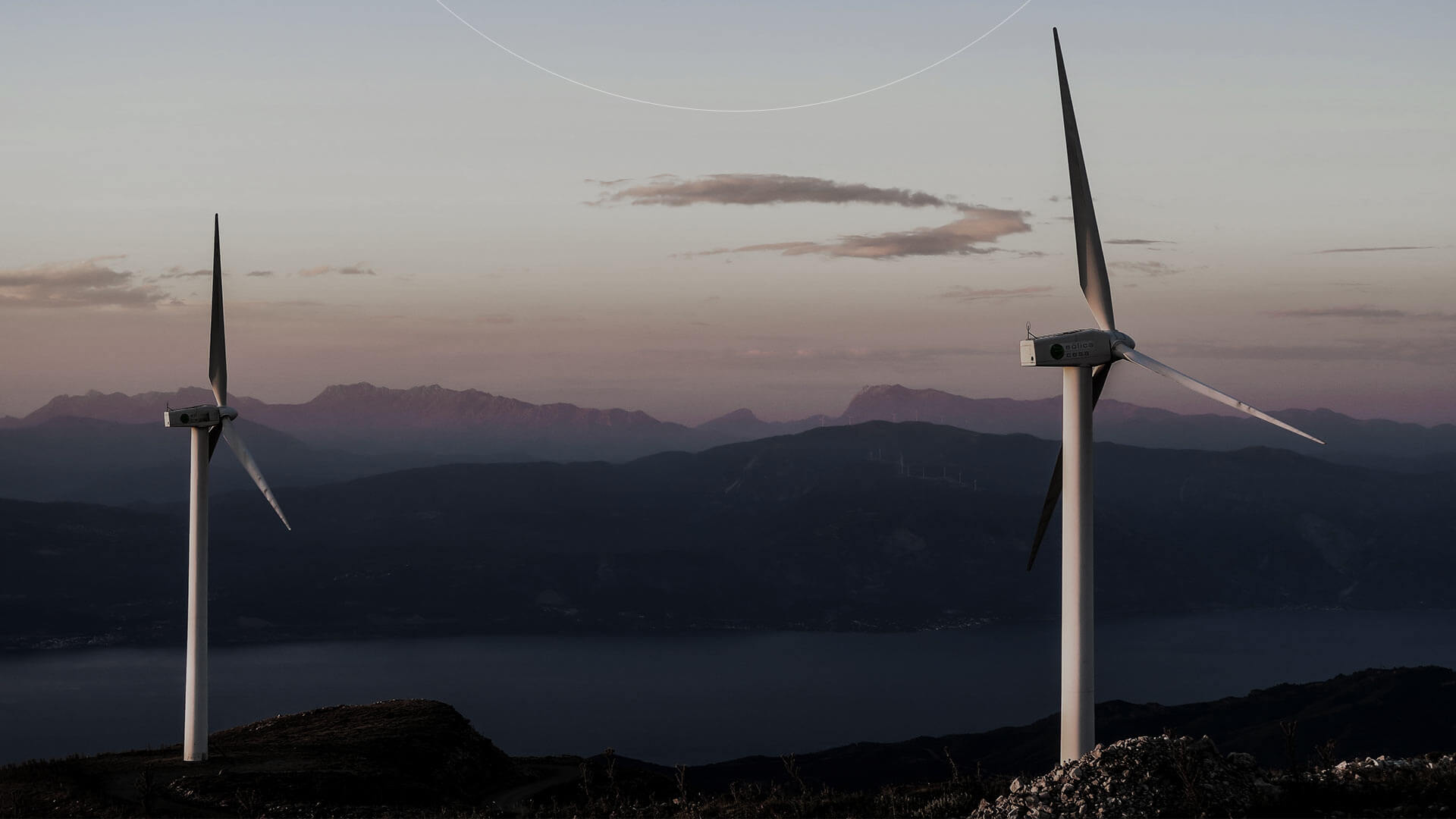
In particular, for the business sector
Towards technological
and digital transformation
The Energy Competence Center has set priorities focusing on the encouragement of transferring technological solutions and innovations in production processes, the orientation of companies to products and services of high added value, development of comparative advantages, the development of extrovert entrepreneurship and their further networking.
Additionally, an important goal is the training of companies’ staff for the acquisition of skills in industry with an emphasis on Industry 4.0.
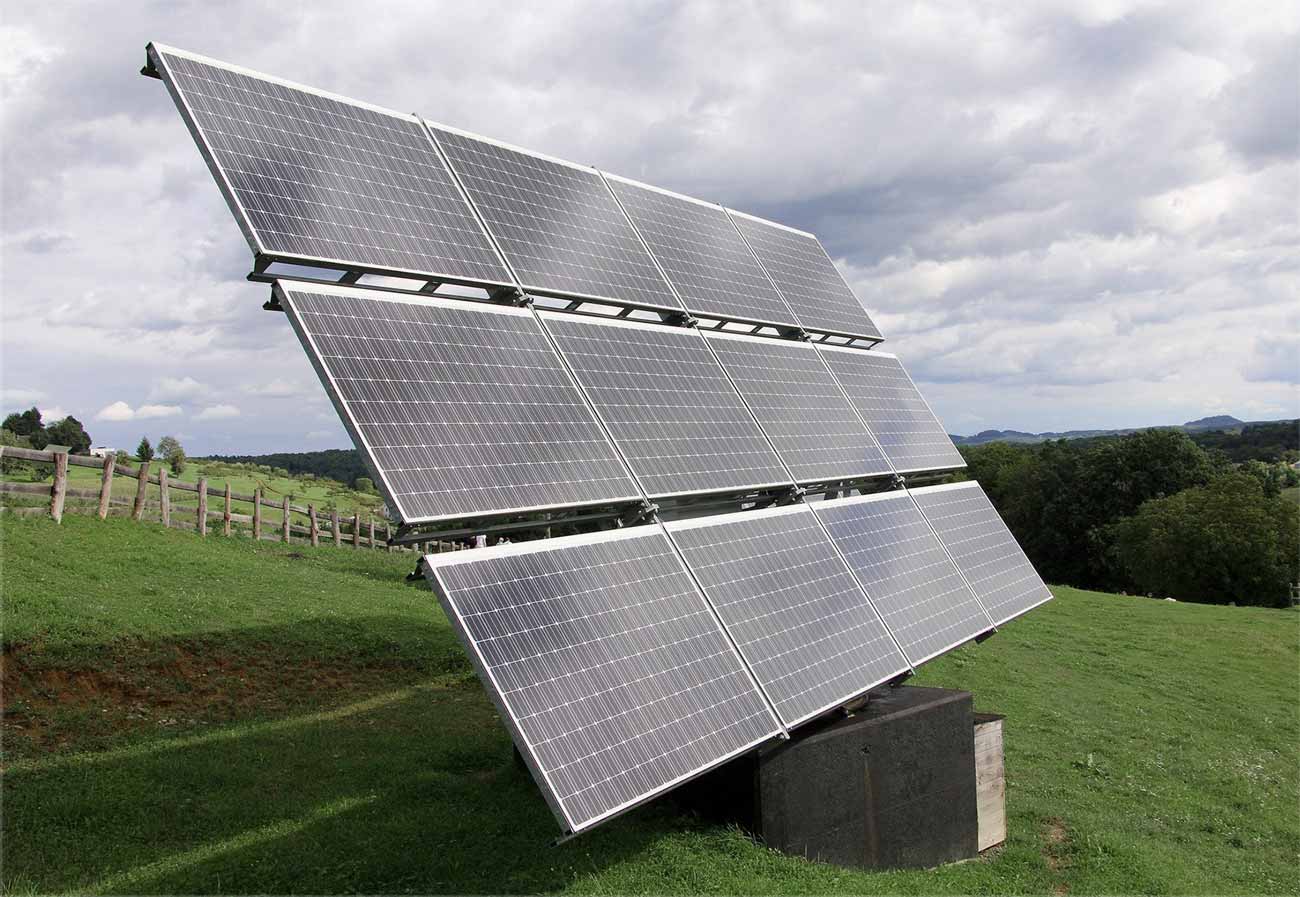
01
Hybridization and modification of existing lignite-fired power plants for:
- biomass and natural gas combustion,
- Integration of anti-pollution and capturing technologies for CO2 storage and utilization,
- cogeneration and tri-generation of heat, electricity and cold in centralized thermal power plants.
02
- Economic and social sustainability,
- Sustainability of RES projects,
- Solar energy,
- Wind energy,
- Biomass,
- Hydroelectric energy,
- Wave energy.
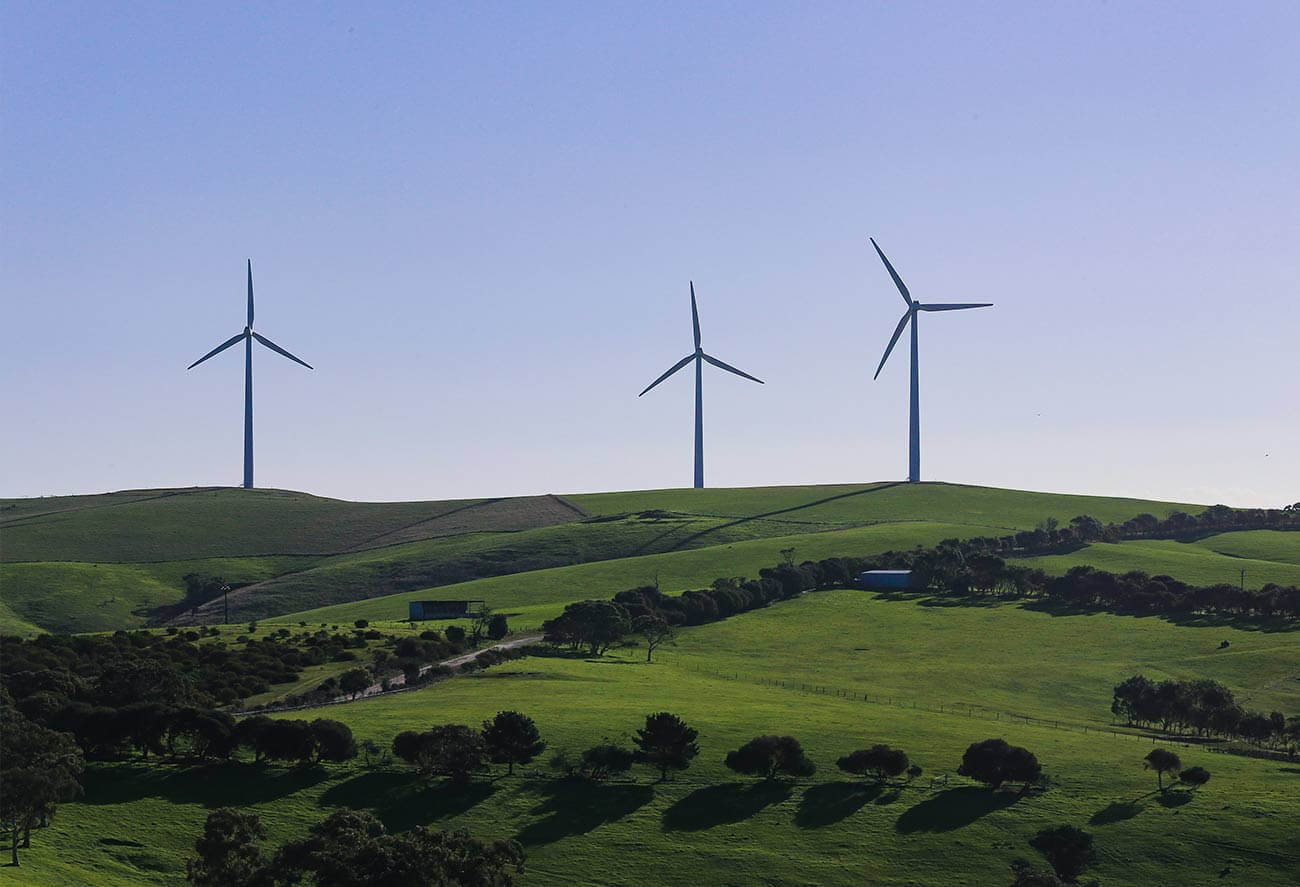
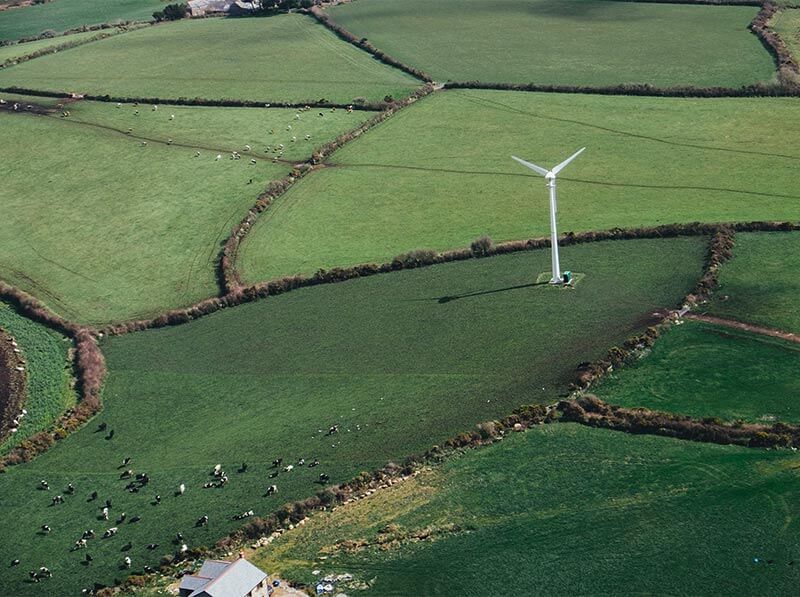
03
Energy Production and Saving:
- Waste heat recovery and technologies of cogeneration / tri-generation of heat, electricity and cold in industry,
- zero-positive energy buildings and districts.
Energy Storage:
- Chemical Energy Storage,
- Electrical Energy Storage,
- Electrochemical Energy Storage,
- Mechanical Energy Storage,
- Heat Storage.
04
- Electric accumulators,
- Pumped water reservoirs,
- Hydrogen tanks,
- etc.

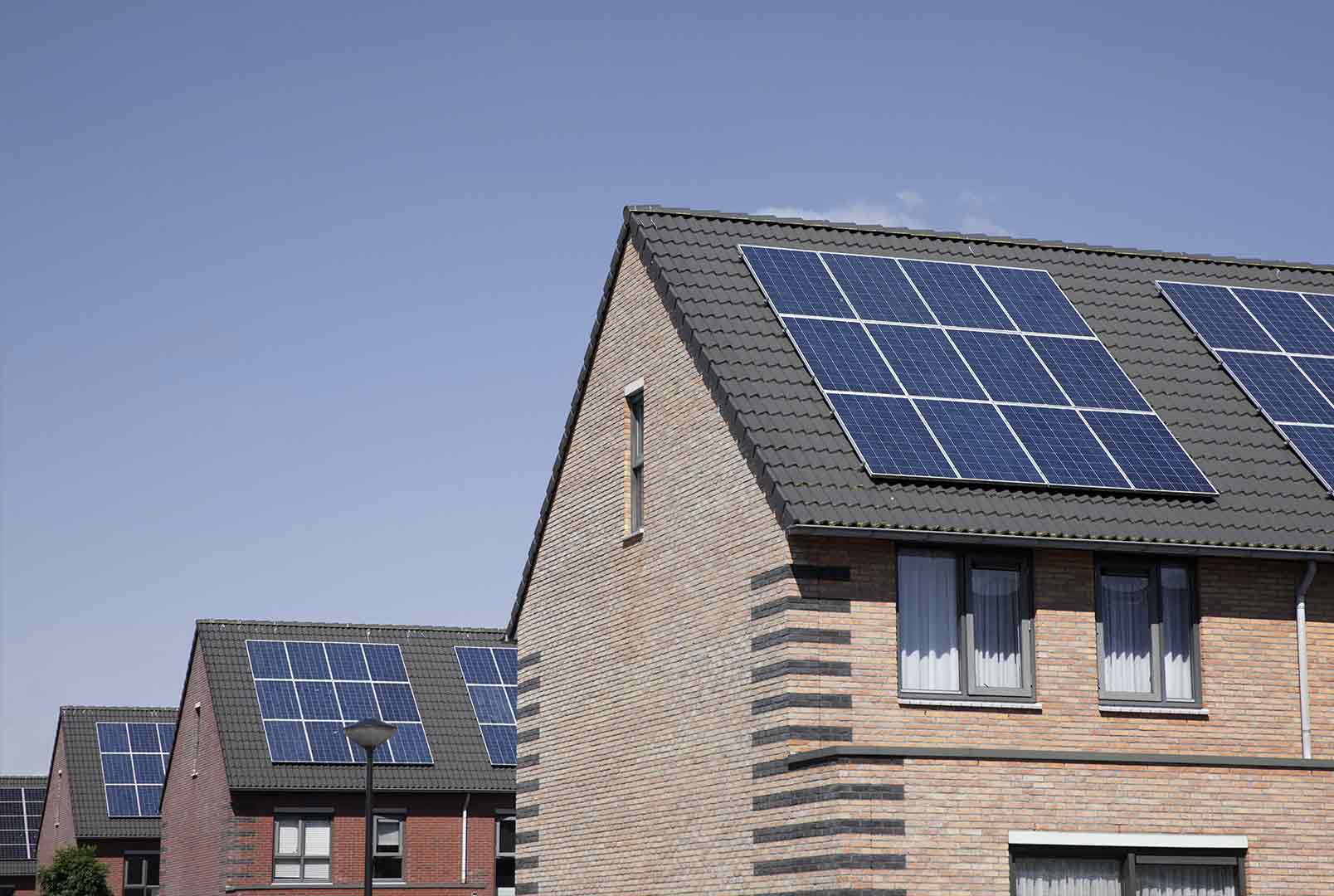
05
- Electromobility,
- Sustainable Transportation,
- Use of Sustainable Resources,
- Water Resources Conservation,
- Sewage Treatment,
- RES-based desalination solutions.
06
- Electricity Transmission Networks,
- Electricity Distribution Networks,
- Gas and Liquid Fuel Transmission Networks – liquefied and non-liquefied natural gas, hydrogen, SNG, biogas,
- Combined transmission networks,
- Storage Stations,
- Interconnected energy networks for electricity, gas and liquid fuels, heating and cooling.
